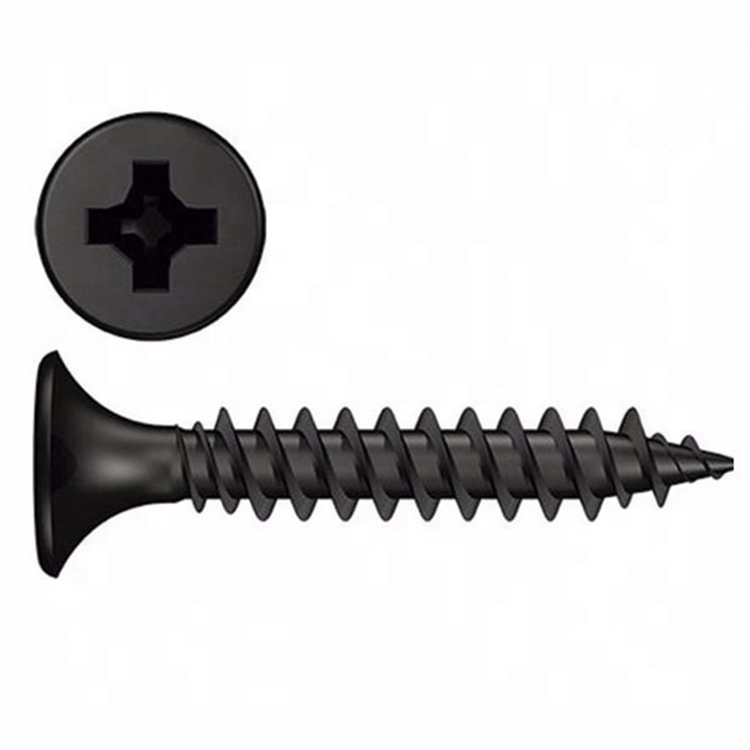stud bolt a193 gr b7 manufacturer
Sep . 14, 2024 15:25 Back to list
stud bolt a193 gr b7 manufacturer
Understanding Stud Bolt A193 Gr B7 Key Insights for Manufacturers
Stud bolts are essential components in various industrial applications, serving as critical fasteners that ensure the integrity and safety of assembled structures. Among the different grades and types available, A193 Gr B7 studs are particularly noteworthy due to their exceptional strength and performance characteristics. This article delves into the advantages, specifications, and manufacturing process of A193 Gr B7 stud bolts, providing insights beneficial for manufacturers and procurement professionals.
What is A193 Gr B7?
The A193 Gr B7 stud bolts are manufactured to comply with the specifications set forth by ASTM A193, a standard that regulates alloy and stainless-steel bolting materials for high-temperature or high-pressure service. The B7 designation indicates a specific type of chromium-molybdenum steel, known for its enhanced strength and hardness properties. These bolts typically feature a tensile strength of approximately 125 ksi (kilo pounds per square inch) and are often used in power generation, oil and gas, and petrochemical industries, where durability is paramount.
Key Advantages of A193 Gr B7 Stud Bolts
1. High Strength One of the leading benefits of A193 Gr B7 bolts is their exceptional tensile strength. This characteristic allows them to withstand extreme stresses without failing, making them ideal for heavy-duty applications.
2. Corrosion Resistance While B7 bolts are not inherently corrosion-resistant, they can be treated or coated with materials that enhance their resistance to corrosive environments. This versatility makes them suitable for various applications where chemical exposure is a concern.
3. Temperature Resistance A193 Gr B7 bolts perform well in high-temperature environments, maintaining their mechanical properties under severe thermal conditions. This resilience is crucial for industries operating in demanding physical settings.
4. Versatile Applications Due to their robust nature, A193 Gr B7 stud bolts are used in a wide range of applications, including structural steel frameworks, high-pressure vessels, and equipment in chemical processing plants, boosting their market demand.
stud bolt a193 gr b7 manufacturer

Manufacturing Process
The manufacturing of A193 Gr B7 stud bolts involves several key steps, ensuring that each component meets stringent quality standards
1. Material Selection Manufacturers start with high-quality alloy steel, specifically chromium-molybdenum. The right material is integral to achieving the desired strength and performance.
2. Forming and Shaping The raw materials undergo a forming process, often involving forging, to create the basic shape of the studs. This step is critical for ensuring the strategic alignment of the metal grain structure, which enhances strength.
3. Heat Treatment Heat treatment processes, including quenching and tempering, are essential for enhancing the mechanical properties of the bolts. This step improves hardness, tensile strength, and fatigue resistance.
4. Threading After heat treatment, studs are threaded to meet various specifications. The threading must be precise, as it directly affects the bolting process and the final load-bearing capacity.
5. Quality Testing Finally, manufacturers conduct rigorous quality tests, including tensile tests and microstructure analysis, to ensure compliance with ASTM A193 standards. Quality assurance is crucial to prevent failures in application.
Conclusion
In the landscape of industrial fasteners, A193 Gr B7 stud bolts stand out due to their exceptional strength and versatility. For manufacturers, understanding the properties and manufacturing processes of these studs is essential for production quality and meeting client specifications. The demand for A193 Gr B7 bolts continues to rise across various industries, underscoring their importance as reliable fasteners in high-stress environments. By focusing on quality and compliance, manufacturers can ensure their products contribute to the durability and safety of critical infrastructure.
Latest news
-
Premium Phosphated Drywall Screws Supplier | Durable, Rust-Resistant
NewsAug.27,2025
-
Reliable Wire Bolts Suppliers | Quality Zinc Plated Fasteners
NewsAug.26,2025
-
Wire Bolts Suppliers: Durable & Reliable Fasteners for Every Project
NewsAug.25,2025
-
Premium Cabinet Bolts Supplier | Wholesale & Custom Solutions
NewsAug.24,2025
-
Reliable Axle Nuts Supplier | Quality & Precision Fasteners
NewsAug.23,2025
-
Durable Bolts for Lawn Mower Handle - Top Supplier & Manufacturer
NewsAug.22,2025
